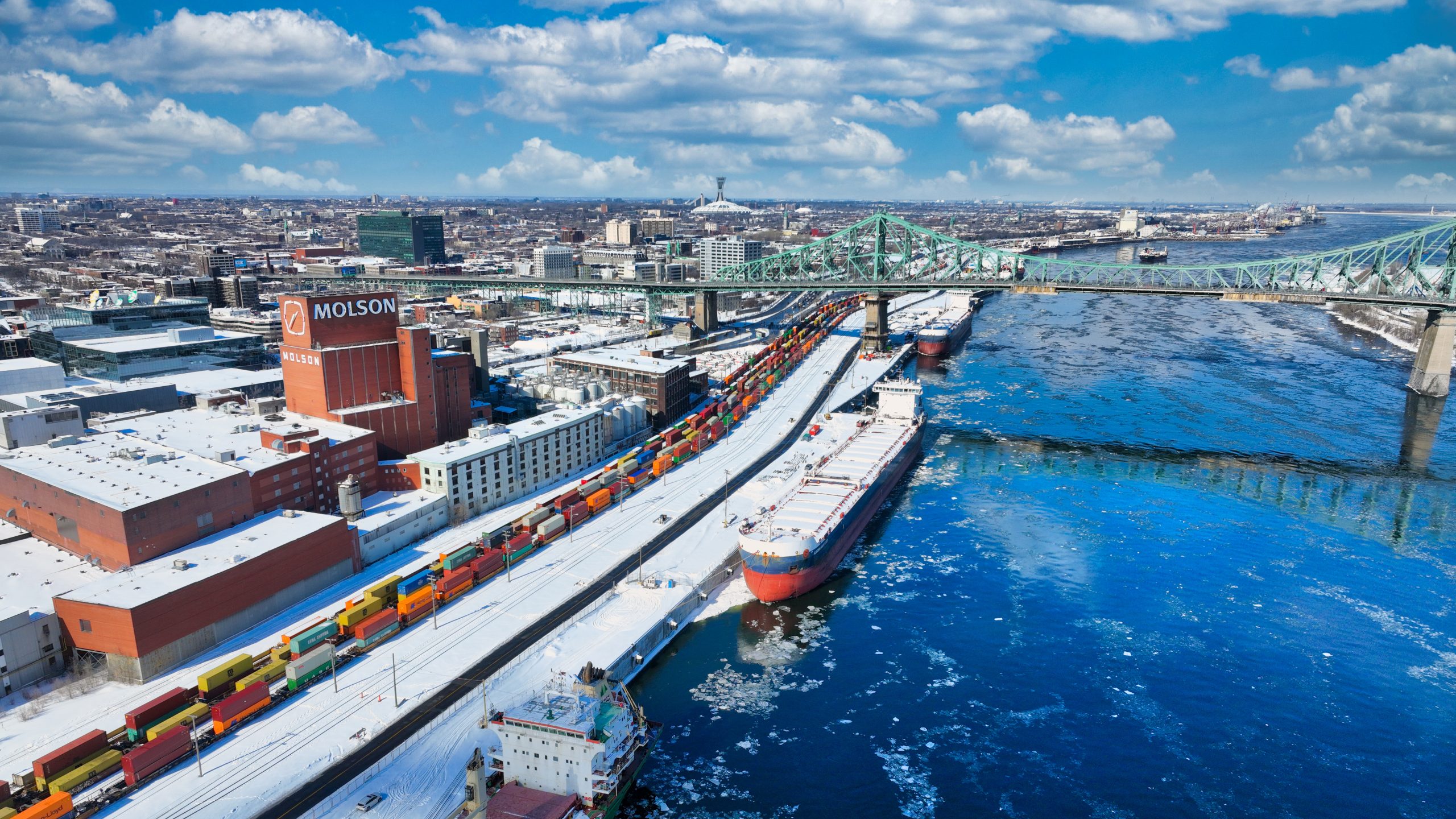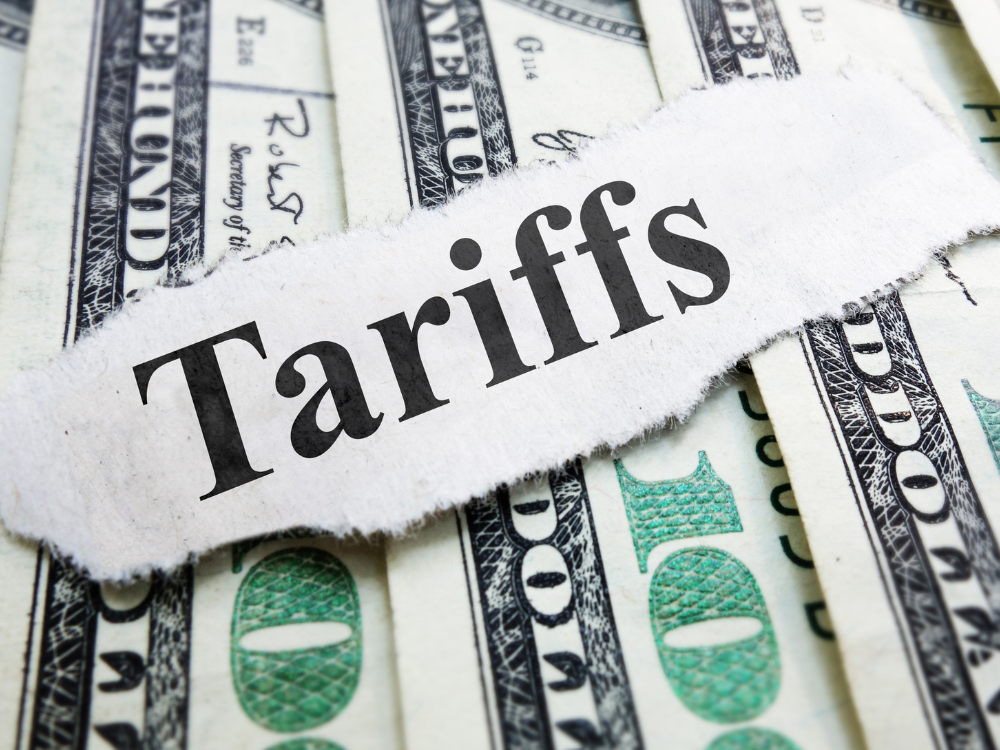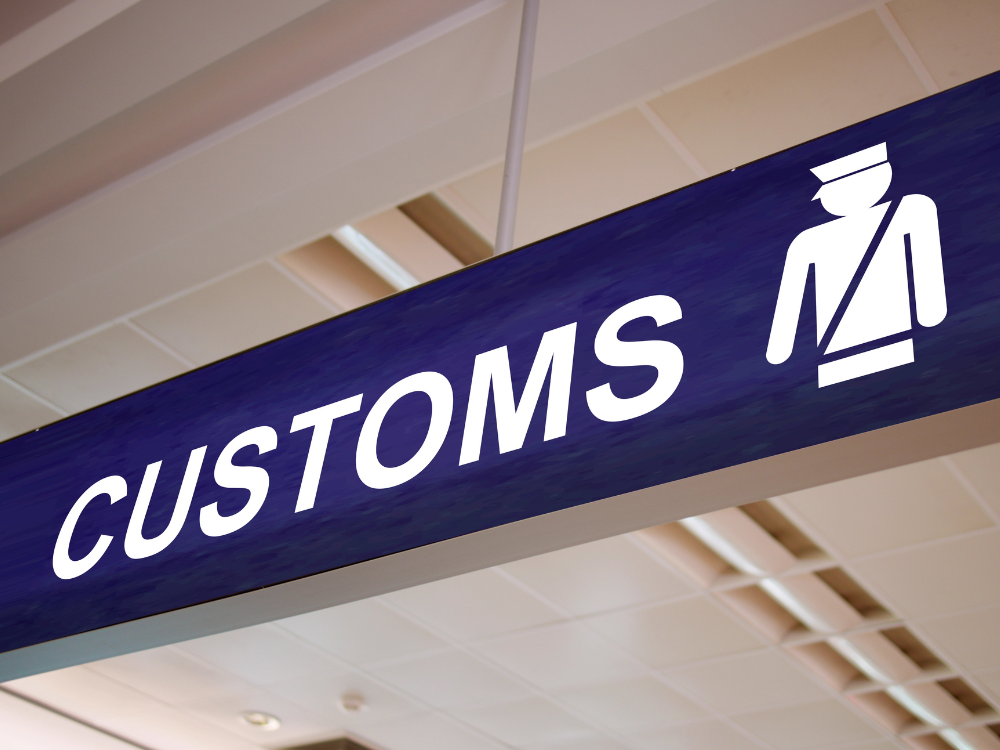2025.07.02
International Freight Forwarding in Canada: All about Importing and Exporting

International freight forwarding is crucial to a healthy economy, both in Canada and worldwide. Importing and exporting are important to stimulating industries, creating jobs, fostering innovation and establishing diplomatic ties.
The experts at Globex Worldwide Courier, where shipping within Canada and internationally is our specialty, invite you to explore these essential economic activities in detail. Join us as we plunge into the fascinating world of international trade by exploring what international freight forwarding really involves.
What does freight forwarding to and from Canada involve?
Importing and exporting are the two essential pillars of international trade, and thus play a vital role in the Canadian and Quebec economies. Importing and exporting combined create an intricate yet essential economic process that allows the exchange of goods between various countries through buying and selling.
The goals of international freight forwarding reach beyond the simple circulation of goods. Imports and exports help diversify sources of supply and boost the competitiveness of Canadian and Quebec companies. Importing and exporting activities also promote access to new markets, reinforce industrial specialization and contribute to economic growth while meeting global needs.
The difference between importing and exporting
There is a clear distinction between importing and exporting to and from Canada and Quebec. Importing involves buying foreign goods to sell locally, while exporting involves selling domestic products abroad.
Both operations often require international shipping services, and both pose a variety of challenges.
Importing and exporting: the importance of customs and regulations
When importing or exporting goods, it’s essential to pay attention to details and follow steps carefully. You’ll need to comply with various laws and regulations, fill out customs forms and pay all necessary taxes and shipping costs. By complying with customs and documentation rules, you can increase your chances of avoiding goods being blocked at the border.
Customs is a complex field with many rules, whether you are importing or exporting. For example, transporting works of art or food may require special licenses, certificates or inspections.
It’s important to make sure your declarations to the authorities are correct so that you can avoid problems such as:
- Fines
- Delivery delays
- Loss of credibility with international partners
- The possibility of losing the right of entry
- Financial losses
Globex Worldwide Courier, your preferred Canadian and international shipping company, comprises a team of seasoned professionals who can guide you through customs formalities. By following our advice, the international freight forwarding process will no longer hold any secrets for you.
What do I need to do before beginning import-export operations?
Before you begin the process of importing or exporting to Canada, you will need to do the following:
1. Register your business: You must register your business and define its legal structure (sole proprietorship, partnership or corporation) before you begin to import or export goods. You will also need to know the requirements specific to your region and obtain a business license from your local municipality.
2. Obtain a business number and an export account: Apply online for a business number, which will serve as a unique identifier for your company. At the same time, you’ll also need to obtain an import-export program account from the Canada Revenue Agency.
When you’re ready to import or export
When you’re ready to begin import-export operations, proceed by following these steps. By being prepared and complying with regulations, you can manage your international business activities effectively.
- Draw up your export plan: This helps you define your target market and identify potential customers. An export plan is often made by a logistics director.
- Familiarize yourself with regulations and required permits: International trade is governed by numerous rules and regulations that have been designed to reduce risk. As a business owner or operator, you need to understand and comply with all laws. You can obtain information specific to your business from the Canada Border Services Agency (CBSA).
- Comply with product and labeling requirements.
- HS Tariff Classification Number: For smooth cross-border trade, the Harmonized Commodity Description and Decoding System (HS) standardizes product classification, with a unique HS code for each exported item.
- Certificate of origin: If the value of your exported goods is $2,000 or more, you may need a certificate of origin. This document certifies that the exported goods have been wholly obtained, produced, manufactured or processed in a specific country.
Trust Globex Worldwide Courier for international shipping
When diving into the exciting world of importing and exporting, careful preparation is the key to success. By understanding regulations and requirements, you can be certain that you are following the law and implement successful international import and export operations to and from Canada.
At Globex Worldwide Courier, your trusted logistics and transport partner, we’ll support you every step of the way as you embark on this exciting business adventure. With our extensive knowledge and experience, we make sure that your goods reach their destination safely and legally, opening the door to international prosperity.
Contact us for smooth and successful international freight forwarding, and discover how our competitive rates can help you achieve your business goals. Your import-export success starts with us.


